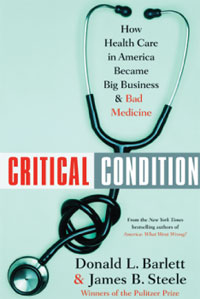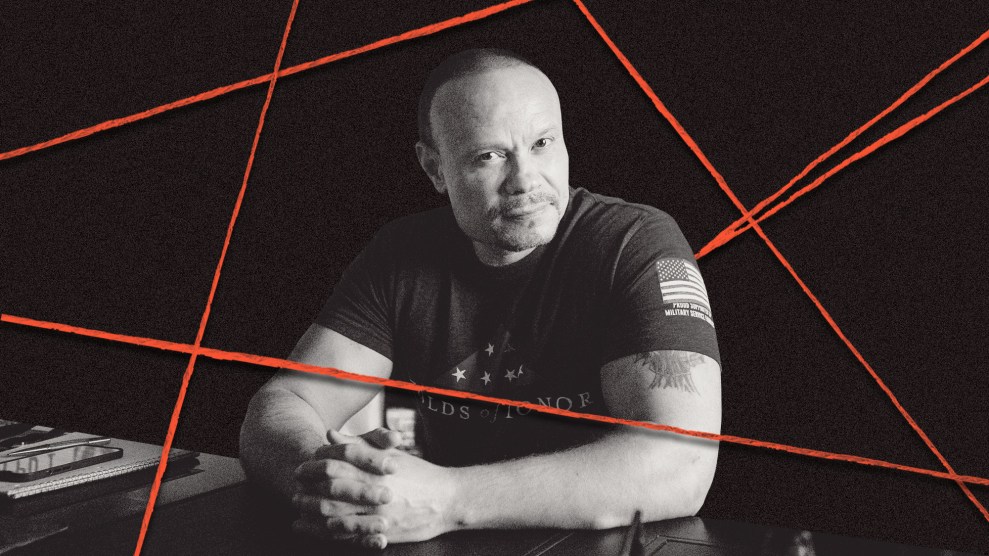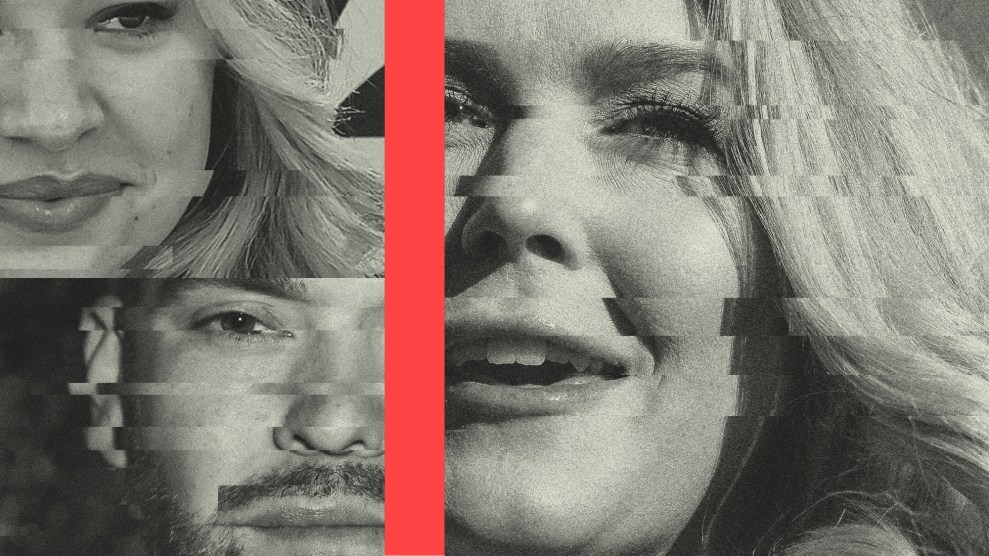
Hippocrates said: “First, do no harm.” The first rule of Wall Street, however, is: Make money. Critical Condition, by the investigative team of Barlett and Steele, is a story about how health care in modern America has become a racket: A few profit handsomely while doing the rest of us significant harm.
The United States, the authors write, took a fateful turn during the Reagan Revolution of the 1980s, when faith in the free markets ushered in policies that transformed not-for-profit hospitals, HMOs, and nursing homes into money-making operations. The marketplace was supposed to make America healthier by delivering preventive care to the masses while controlling costs; instead, patient care has suffered and costs have skyrocketed.
Americans are now saddled with “a second-rate system that doesn’t adequately cover half or more of the population,” the authors write. “Almost everyone involved is unhappy—patients, doctors, nurses, aides, technicians,” everyone but the financiers and select CEOs who continue to get rich.
But in reading Critical Condition, the buccaneers of medicine — such as HealthSouth CEO Richard Scrushy — aren’t nearly as scary as the corporate bureaucracy that kills: by losing MRIs that show cancer, by placing desperately ill patients in call-waiting hell, by allowing vital medical decisions to trickle down to clerks in call centers.
Barlett and Steele describe countless avoidable tragedies that they ultimately blame on “Wall Street Medicine.” The nation, they argue, would be far better served by a broad, single-payer system, like Medicare, and an agency that would oversee health care much as the Federal Reserve manages financial policy. But the authors also make a safe diagnosis: American health care will get worse before it gets better.
















